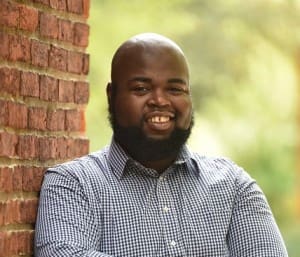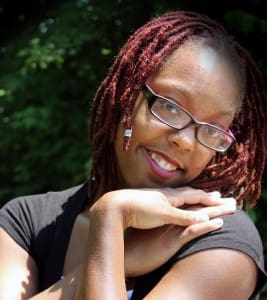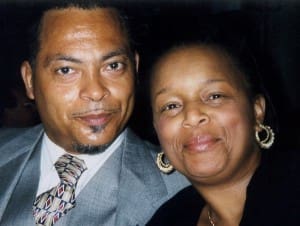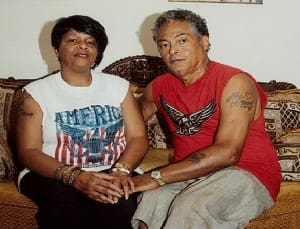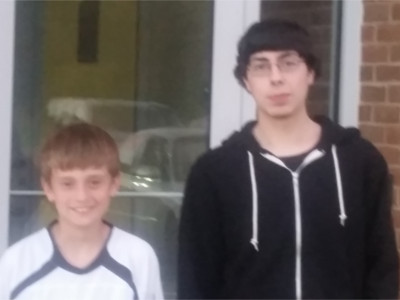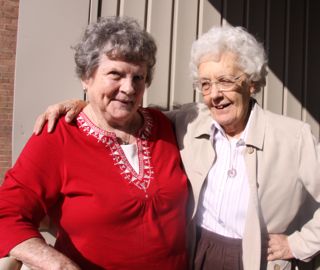
The Board of Child Care lost a physical piece of its history with the demolition of the former Kelso Home for Girls in Towson, MD. The YMCA of Central Maryland, which owns the property, constructed a new Towson Y and ball fields on the site.
While the BCC family is sad to see the loss of a building that had sheltered and cared for hundred of girls over more than three decades, contact from alumna over the years indicates that many of the relationships formed by the girls who once lived there continue to endure.
Eighty-year-olds June Mulligan Hoshall and Maybelle Burns Boone are one example. They both entered the Kelso Home on July 5, 1938, a day that cemented their friendship. For the next decade, they grew-up in the home together.
Both June and Maybelle came from large families where one of the parents died prematurely and the other parent could not care for all of the children. So the girls at Kelso home became June’s and Maybelle’s family. And June and Maybelle themselves became like sisters.
Just a month apart in age – June was born on June 8, 1931, and Maybelle was born on May 5, 1931 – they walked together to and from Towson Elementary, Towson High School and Towson United Methodist Church, did their chores side-by-side, and spent afternoons roller skating around the Kelso Home driveway and picking fruit from the trees that grew on the home’s 15 acres. Together, they also endured the strict rules of the home and the homesickness that came with being apart from their families.

Kelso Home was one of three orphanages that eventually merged into the Board of Child Care. Founded in Baltimore City in 1874 by Thomas Kelso, the orphanage was later moved to a new building in Towson – the one being taken down – where it operated from 1925 to the 1950s. Before the home was taken down this winter, the YMCA donated some artifacts from the home to BCC, including a roof tile, brick and keystone.
After they graduated from high school and left Kelso in the late 1940s, they both married and started families. Maybelle had three children and June had four. But every spring, when their birthdays rolled around, neither would forget to exchange birthday salutations. Even when Maybelle moved to Florida and they temporarily lost contact, June got on the phone with the operators that controlled the phone lines and tracked Maybelle down.
Today, they talk by phone several times a month and occasionally get together at Maybelle’s apartment. “We are the best of friends,” June says. “We love each other like sisters.”
“We can talk about things that nobody else has experienced,” says Maybelle, who today lives in Parkville, Md. June now lives in Essex, Md.
Although life growing up at Kelso Home had its ups and downs for the women, both are thankful for the care they received.
“When I look back, I thank God I was put in Kelso. I graduated from high school and had religion, which helped me later in life,” says Maybelle.
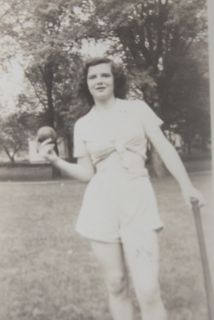
June recalls that if it weren’t for Kelso, she and her eight siblings “probably would have had a horrible life running the streets of Baltimore while my mother worked. So I was grateful for what I had.”
The girls were still able to visit with their families while living at Kelso. Every Friday was visitation night and June says her mother never missed one, including traveling on three different street cars during a blizzard to make it to a visitation.
June says her grandson often asks to hear stories about the “orphanage,” so she shares with him the many memories she has. Both women describe life at Kelso Home as very regimented. Many of the housemothers were strict and whenever they’d enter the room the girls had to stand and address them as “Ma’me,” and everywhere the girls walked they had to walk in lines.
The Home was kept “immaculately clean.” Each girl had a chore assigned to them for the month – from scrubbing the floors to dusting the wheels on the beds – and they would awaken to a bell at dawn and complete the chores before school. All of their clothes were hand-me-downs and if they tore the girls had to mend them.
A few years ago June took her grandson to a swimming class at the Towson YMCA and saw the old Kelso Home building. She said it wasn’t as beautiful as she recalled, but she recognized the porch steps she used to enjoy jumping down.
“It’s going to be so sad to see the building taken down,” she said in an interview last fall. “There are so many memories. I loved it there.”
Read more from Friendship Formed at Kelso Withstands Test of Time